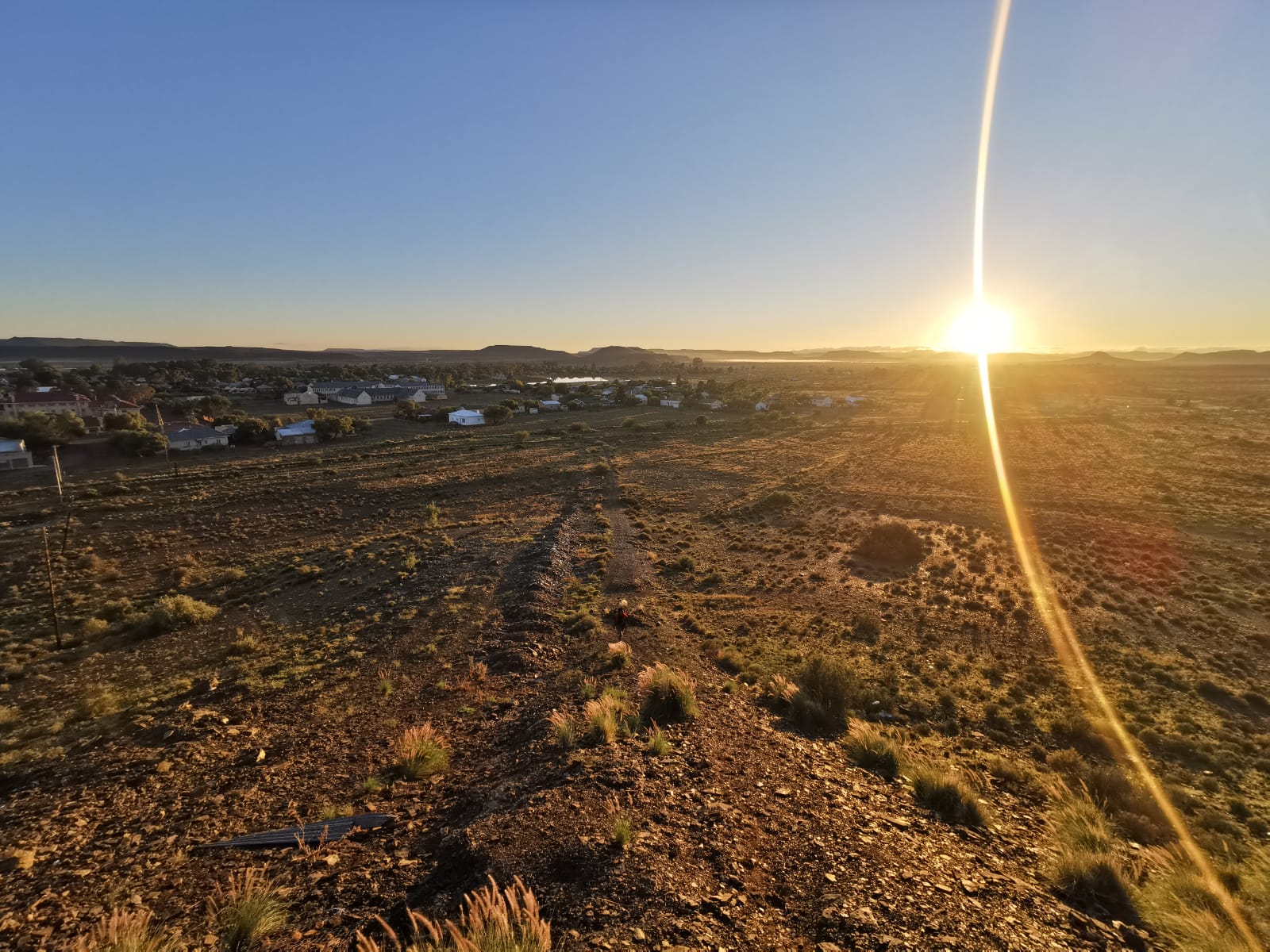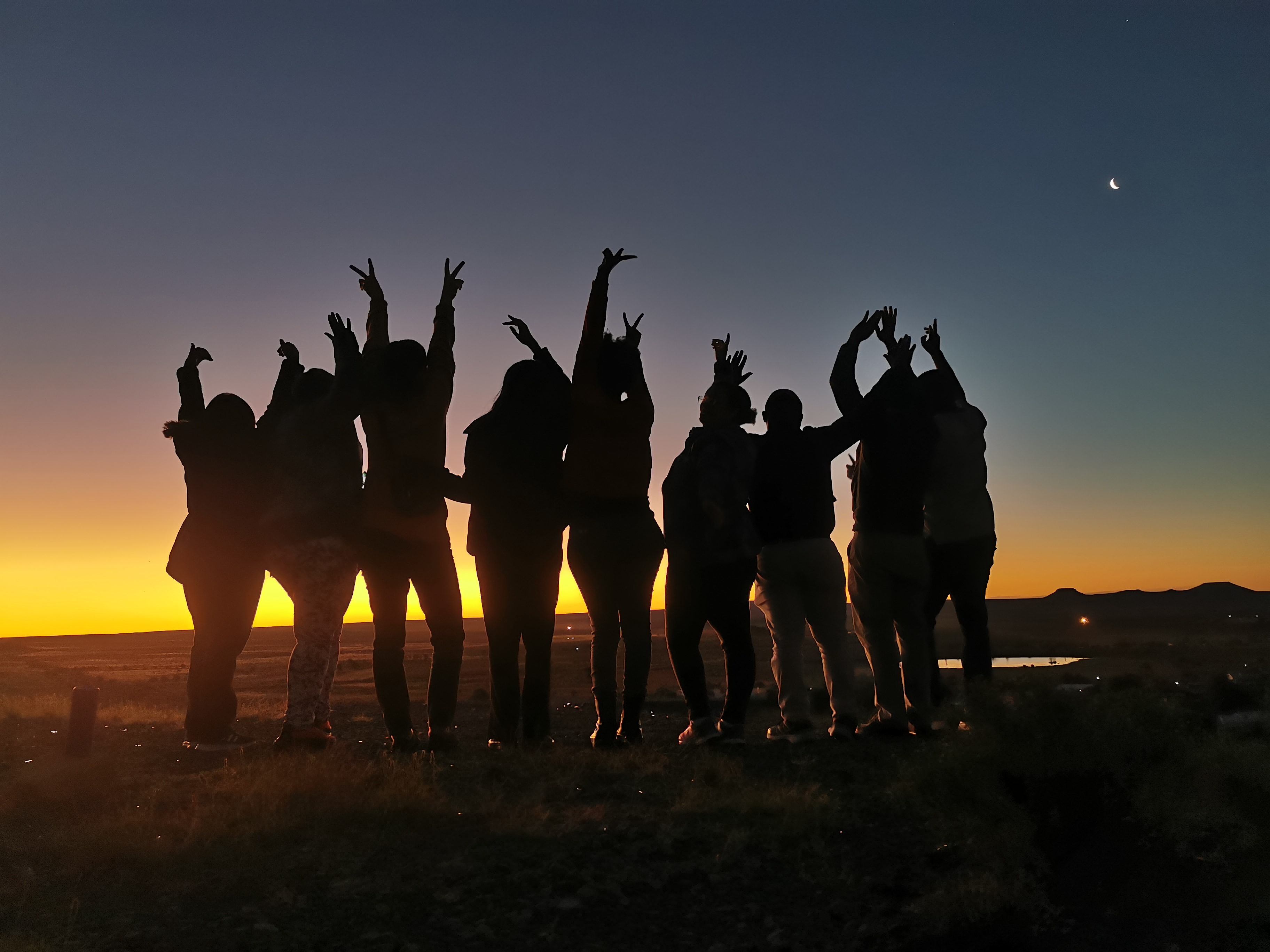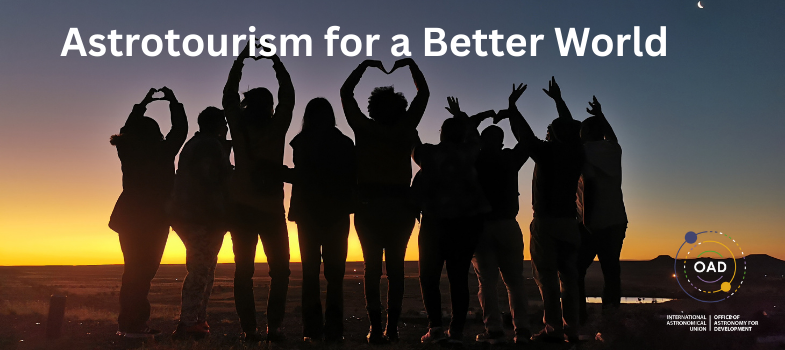Astrotourism Pillars
Economic value: driving sustainable tourism and rural development
Astronomy has the power to drive socioeconomic development in diverse ways, from creating jobs to improving education. However, there is often a disparity between where astronomy is practiced and who benefits from it. Most astronomical facilities are located in rural or underserved areas, often without electrification, inhabited by communities living close to or below the poverty line. Yet, the benefits of these facilities often remain concentrated among highly educated, financially well-off groups, leaving local communities behind.
Astrotourism, the blend of astronomy and tourism, offers a solution to this imbalance. In rural areas, where natural darkness and light pollution-free skies are abundant, astrotourism can tap into existing cultural and natural heritage to create inclusive economic opportunities. It democratises access to the benefits of astronomy, empowering communities at all income levels while promoting sustainability.
The potential for astrotourism is not limited to rural areas. Urban and semi-urban regions can also benefit by leveraging nighttime tourism, an under-explored and low-competition market. Astrotourism activities in these areas can create new employment opportunities and diversify the local economy, offering a fresh approach to sustainable development that engages communities beyond daylight hours.

Cultural value and Social Inclusion: preserving cultural heritage and knowledge, storytelling traditions
Astrotourism also serves as a platform to honour and revitalise cultural heritage, especially Indigenous sky knowledge and traditional cosmologies, while fostering community empowerment and ensuring that tourism benefits are equitably shared. Astrotourism can be used to bridge inequality divides, speaks to the potential of astrotourism to connect individuals, families, and communities across socio-economic lines. In a world increasingly shaped by inequality, the shared experience of the night sky offers a unifying perspective, one that can foster humility, mutual respect, and even transformative, individual-level socio-economic outcomes beyond the typical one-way flow of revenue in conventional tourism.
Cultural heritage constitutes a central component of astrotourism, offering participants an enriched engagement with the night sky through myths, ancestral traditions, and Indigenous knowledge. Across numerous societies globally, celestial objects have historically served as tools for navigation, calendrical systems, and storytelling, influencing cultural identity and cosmological understanding. Embedding these narratives into astrotourism experiences not only facilitates heritage conservation and intergenerational knowledge transmission but also supports cultural revitalisation and socio-economic development. Such integration enhances the authenticity of visitor experiences while promoting respect for diverse worldviews through educational programming, interpretive storytelling, and cultural expressions linked to astronomy.

Environmental and Scientific value.
Preservation of dark skies and natural heritage, increasing public understanding of science. It promotes responsible tourism practices that protect dark skies and natural ecosystems, helping to reduce light pollution and maintain environmental integrity.
Dark skies are the foundation of astrotourism, providing the essential natural environment for experiencing the beauty and wonder of the night sky. Free from light pollution, dark skies allow visitors to witness stars, planets, the Milky Way, and other celestial events with clarity and awe, offering an experience increasingly rare in urbanised areas. Protecting dark skies not only supports astrotourism but also helps preserve biodiversity, cultural heritage, and the natural environment. By attracting visitors to remote or rural areas, dark skies create opportunities for local economic development, education, and community empowerment, while raising awareness about the importance of reducing light pollution for future generations.
